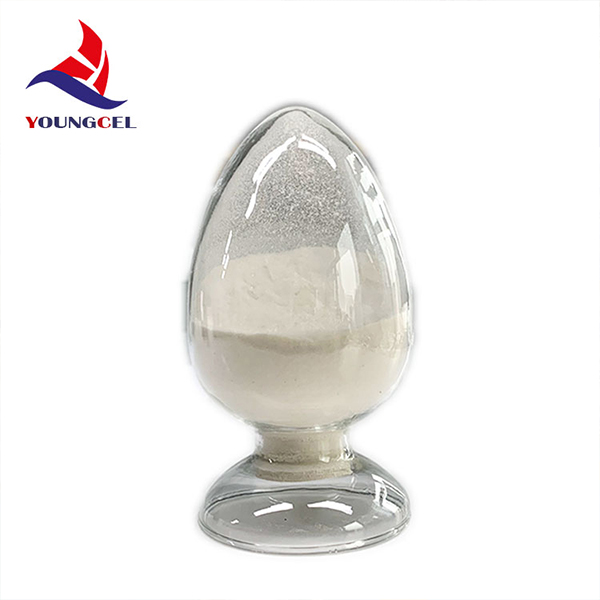The Role of Hydroxyethyl Methyl Cellulose in Liquid Soaps
Hydroxyethyl Methyl Cellulose (HEMC) is a highly versatile hydrophilic polymer derived from natural cellulose, possessing unique properties that make it an essential ingredient in various personal care products, including liquid soaps. Understanding the significance of HEMC in the formulation of liquid soaps can shed light on its multifunctional role as a thickener, stabilizer, and film-forming agent. This article explores the importance of HEMC, its benefits, and how it enhances the quality of liquid soaps.
The Structure and Properties of HEMC
HEMC is created by reacting cellulose, a natural polymer extracted from plant fibers, with various alkylene oxides. The chemical modifications introduce hydroxyethyl and methyl groups to the cellulose backbone, resulting in a product that is water-soluble and exhibits exceptional viscosity. This water-solubility allows HEMC to disperse easily in aqueous solutions, making it an ideal candidate for liquid soap formulations.
One of the primary attributes of HEMC is its ability to form transparent, stable gels. The unique structure of HEMC allows it to swell in water, producing a thick, viscous texture that is essential for maintaining the desired consistency in liquid soaps without compromising the product's clarity. Moreover, HEMC provides excellent emulsifying properties, enabling the stabilization of oil and water components typical of many personal care products.
Benefits of Using HEMC in Liquid Soaps
1. Thickening Agent One of the most critical reasons for incorporating HEMC into liquid soaps is its thickening capability. A higher viscosity in liquid soaps improves user experience, offering a luxurious texture that feels rich and creamy on the skin. This can lead to enhanced consumer satisfaction as thick formulations are often perceived as higher quality.
hydroxyethyl methyl cellulose for liquid soaps

2. Stabilization Liquid soaps often comprise a mixture of oils, surfactants, and water. Without proper formulation, these components can separate, leading to an unstable product. HEMC acts as a stabilizer, preventing phase separation and ensuring that the liquid soap maintains a uniform consistency throughout its shelf life.
3. Skin Conditioning HEMC is recognized not only for its physical properties but also for its skin-friendly nature. It forms a breathable film on the skin, which helps in retaining moisture, thus enhancing the moisturizing effects of liquid soaps. This property is particularly beneficial for individuals with dry or sensitive skin, as it prevents moisture loss during cleansing.
4. Biodegradable and Eco-Friendly As consumers grow increasingly aware of environmental issues, the demand for sustainable products has risen. HEMC is derived from natural cellulose, making it a biodegradable option that fits well within the trend towards eco-friendly personal care formulations. The use of HEMC can significantly enhance the green credentials of a liquid soap brand.
5. Versatility in Formulation The versatility of HEMC allows formulators to customize liquid soaps for various applications. It can be used in a wide range of concentrations, enabling the creation of products tailored to specific market demands, from high-end luxurious soaps to economical everyday brands. Moreover, it is compatible with various other ingredients, enhancing its applicability in diverse formulations.
Conclusion
Hydroxyethyl Methyl Cellulose has firmly established itself as a vital ingredient in the formulation of liquid soaps. Its multifunctional roles as a thickener, stabilizer, skin conditioning agent, and eco-friendly alternative make it an invaluable asset in the personal care industry. As consumer preferences continue to shift towards products that combine performance with sustainability, HEMC presents a solution that meets both these criteria. By incorporating HEMC, manufacturers can ensure that their liquid soaps not only perform effectively but also appeal to environmentally-conscious consumers, aligning with the future trends in personal care product development. In conclusion, the use of HEMC in liquid soaps exemplifies how innovative ingredients can enhance product quality and consumer satisfaction in a competitive market.
-
The Application and Significance of Construction RdpNewsMay.19,2025
-
Industrial Grade HpmcNewsMay.19,2025
-
Building Coating Adhesive Building Coating Adhesive HpmcNewsMay.19,2025
-
Application Of Hpmc For Detergent For Detergent In DetergentsNewsMay.19,2025
-
Application Of Hpmc Cellulose In Cement-Based MaterialsNewsMay.19,2025
-
Application Of High Quality Hpmc For Construction In The Field Of ConstructionNewsMay.19,2025




